In our 2023 meeting, these elements of popular theatre and social practices were not named as such but were present throughout the week we spent in Santiago. For example, the Matrilineo exhibition curated by Lorangelis Thomas dealt with relevant issues for women and menstruating persons with techniques for reappropriating the medical gaze over the bodies of people with uteruses, like self-exploration and art made with menstrual blood. Or Helen Ceballos’s talk about her performances that carry her queer Caribbean body and migration experience in a profound, political, and poetically moving fashion. Or the abstract but politically committed art of Yuri Seoane in his exhibition Sinfonía de Presión in which a daily object—a pressure cooker—becomes a metaphor of the things that bring people together while also experiencing a lot of pressure coming from the political, social, and economic situation of the world and how Cubans experience it. Likewise, there were performances from Caja Negra Teatro that adapt classics like Shakespeare to the current political situation in Cuba and the current crisis that the island is facing.
As I probably said to Mat Schwarzman in one of our many conversations in Santiago about Open Channels/Canales Abiertos, I believe that the collective endeavor that we are building to unite theatre and performance artists from the Caribbean has been gradually evolving from that first time that we met online in 2021, to the following year in which it was a mixed event, and finally in 2023 in which we did not have a virtual meeting and everything was done in person in Santiago de Cuba. But the question transforms itself into a new one: Now what? How do we sustain the work in the long term and how can we keep renovating it each year?
Open Channels/Canales Abiertos has changed and will continue to do so in the coming years. The possibilities are endless but as a group we need to start questioning its future and design a plan for the project to be sustainable. As both Juan Edilberto Sosa and Mat Schwarzman have expressed, we must think of ways to measure the social impact of our work together as a community in different countries in the Caribbean, our impact in Santiago de Cuba, and the impact that it can have back in each of our countries after each yearly meeting.
We want to create a place where youth and young artists can work along with mid-career and established artists, that broadens the perspective and network spaces for Caribbean artists.
While we value the intimate experience of a residency and will endeavor to push it forward as a deeper way of engagement between artists from the Caribbean, there are still challenges that we must address. The objective is not to create a self-indulging space for like-minded theatre artists and scholars that meet each year to catch up on their projects and personal lives, but a space for constant growth and exchange that is permeable enough to allow regular and new participants each year. We want to create a place where youth and young artists can work along with mid-career and established artists, that broadens the perspective and network spaces for Caribbean artists.
In the words of Juan Edilberto Sosa, one of the challenges we face is the balance between the work we do inside the residency, its outreach, and impact. He thinks that we must find ways to broaden and open the call for artists across the Caribbean and, particularly in Cuba, from other provinces so we can have a myriad of new voices in the project. Juan Edilberto also considers that we must aim to create a space that can foster professional relationships and results so the experimental work that we develop in the residency can be shown and mobilized in new artistic circuits. The first task at hand, in his opinion, is to connect the El Cruce residency in December with the Festival Desconectados 969, allowing the residents to work on their projects for about six months so they can be part of this experimental, multidisciplinary festival. He believes this can be achieved by finding new partners, both in Cuba and across the region, that can support the sustainability of the project.
One of the efforts that Open Channels did in the first two years was to include people from the Spanish, English, and French Caribbean in the round tables. Our working languages have always been English and Spanish. Our connection with the francophone and creole speaking countries of the Caribbean, apart from some participants from Haiti, has been a weakness that must be addressed. We must develop a strategy to keep the conversation going across languages and how we can build a multilingual platform with all the challenges that it brings.
Also, we do not envision Open Channels/Canales Abiertos just as a meeting that happens in Santiago de Cuba but as an ongoing process with continuous activities throughout the year. Besides the possibility of participating in a residency in December and connecting our project with the experimental theatre festival in June, how many of these activities can happen virtually? How many in other countries of the Caribbean? Could we incorporate an Open Channels/Canales Abiertos institution in each country or stay as an umbrella space in which many partner organizations convene?

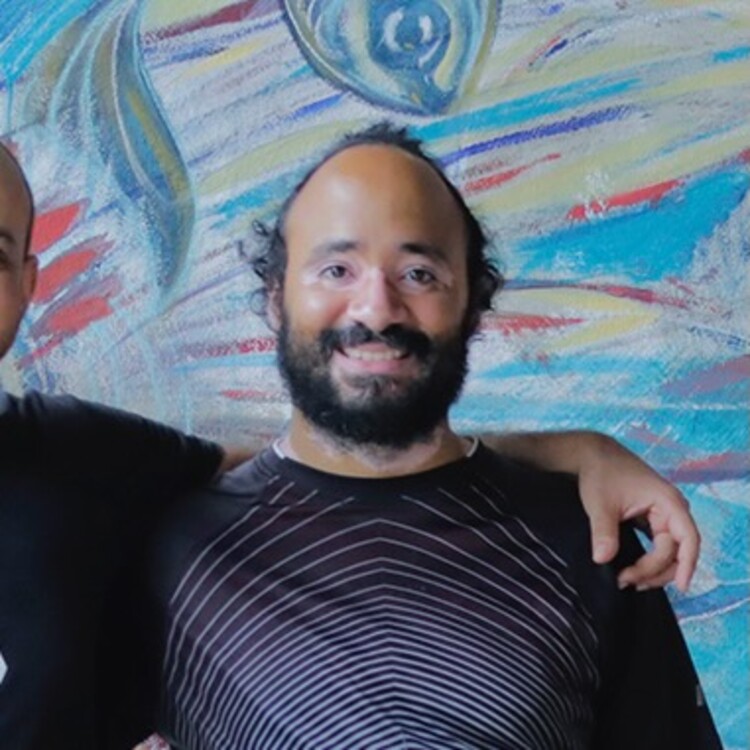
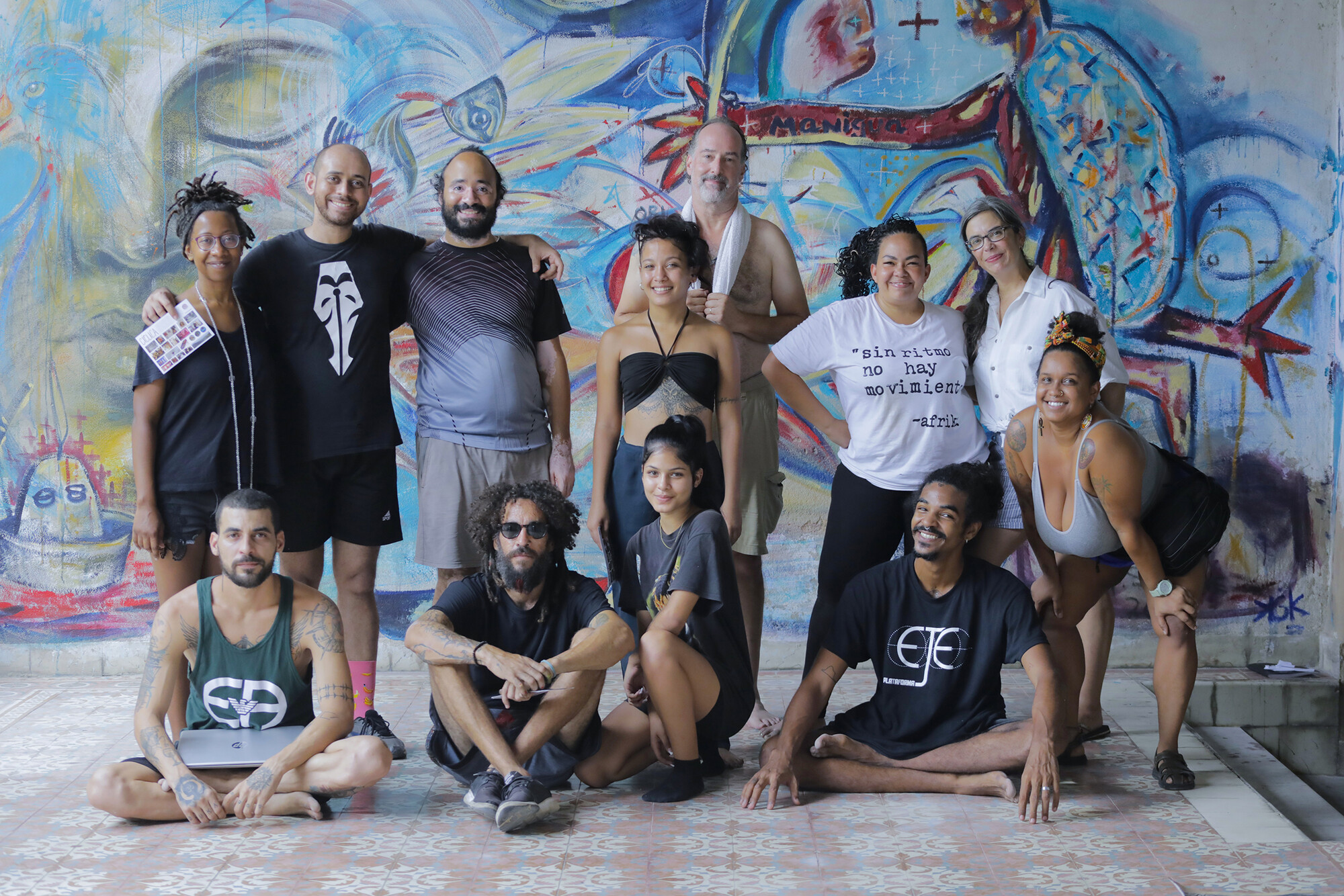
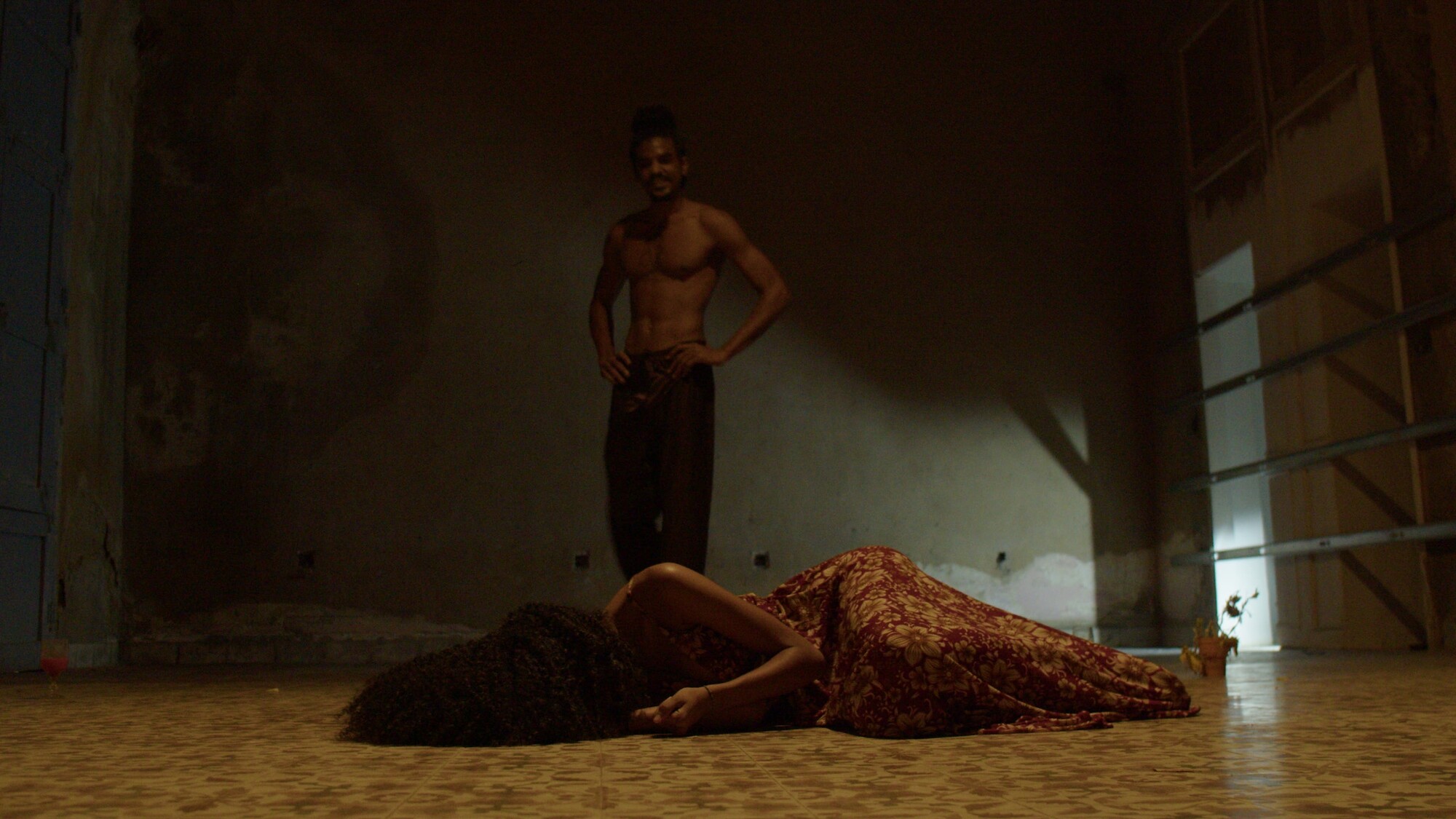
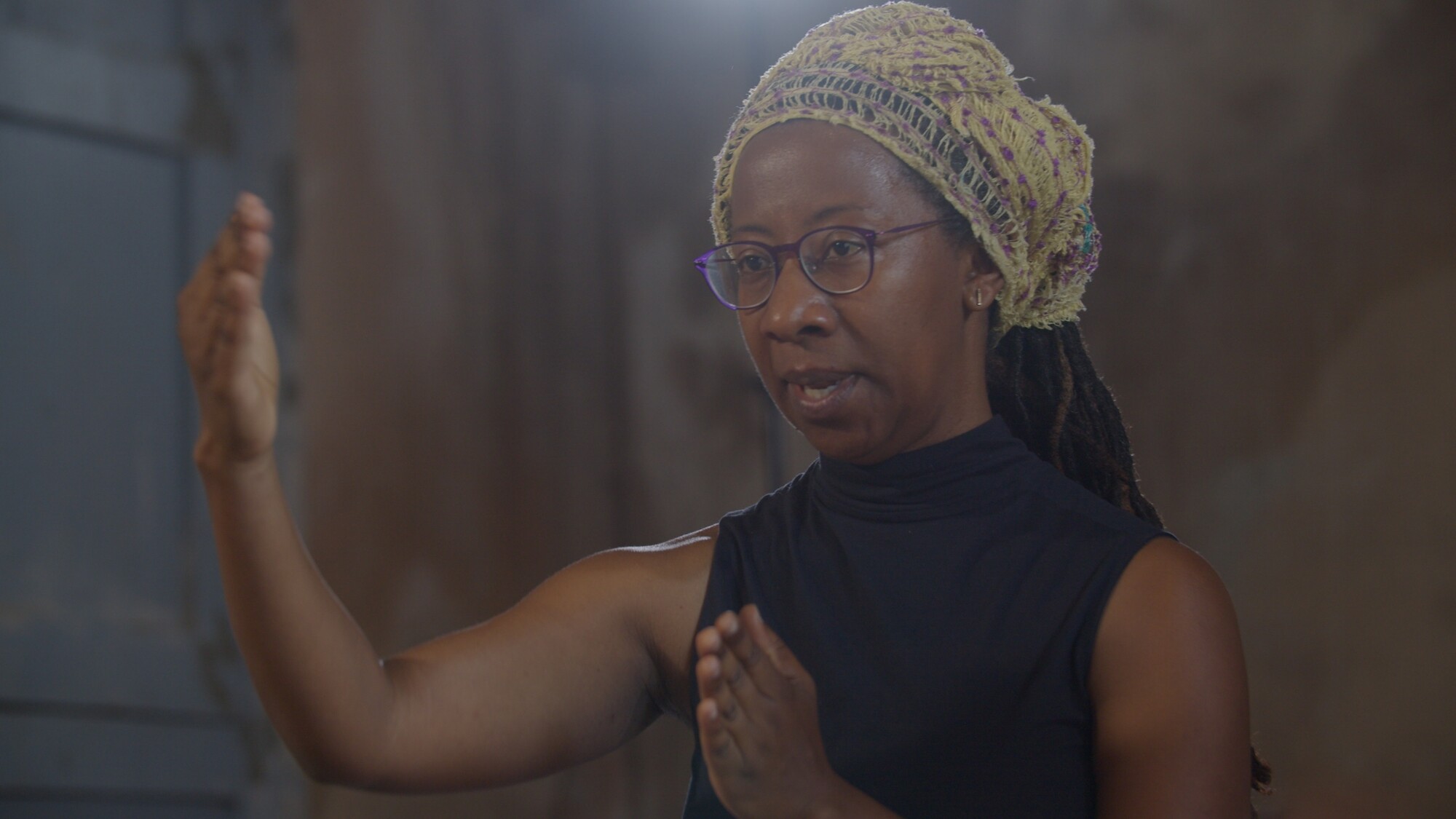
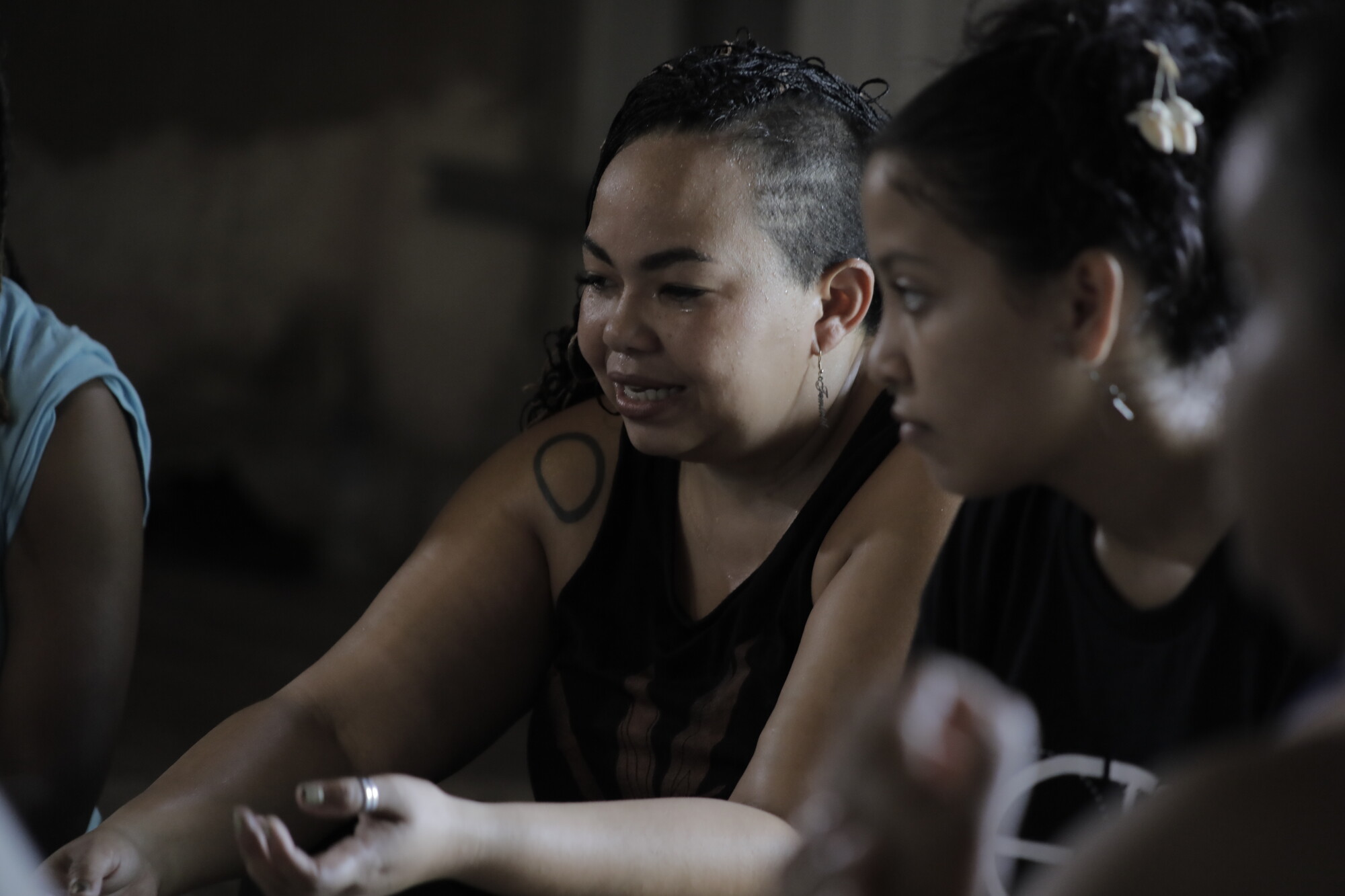
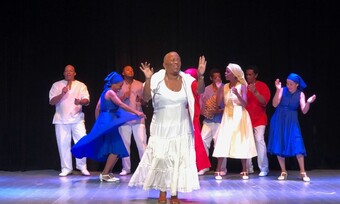



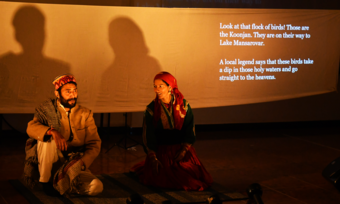

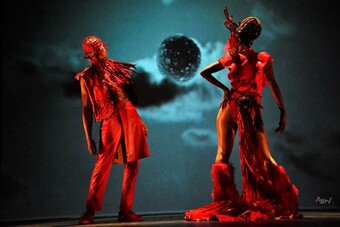

Comments
The article is just the start of the conversation—we want to know what you think about this subject, too! HowlRound is a space for knowledge-sharing, and we welcome spirited, thoughtful, and on-topic dialogue. Find our full comments policy here